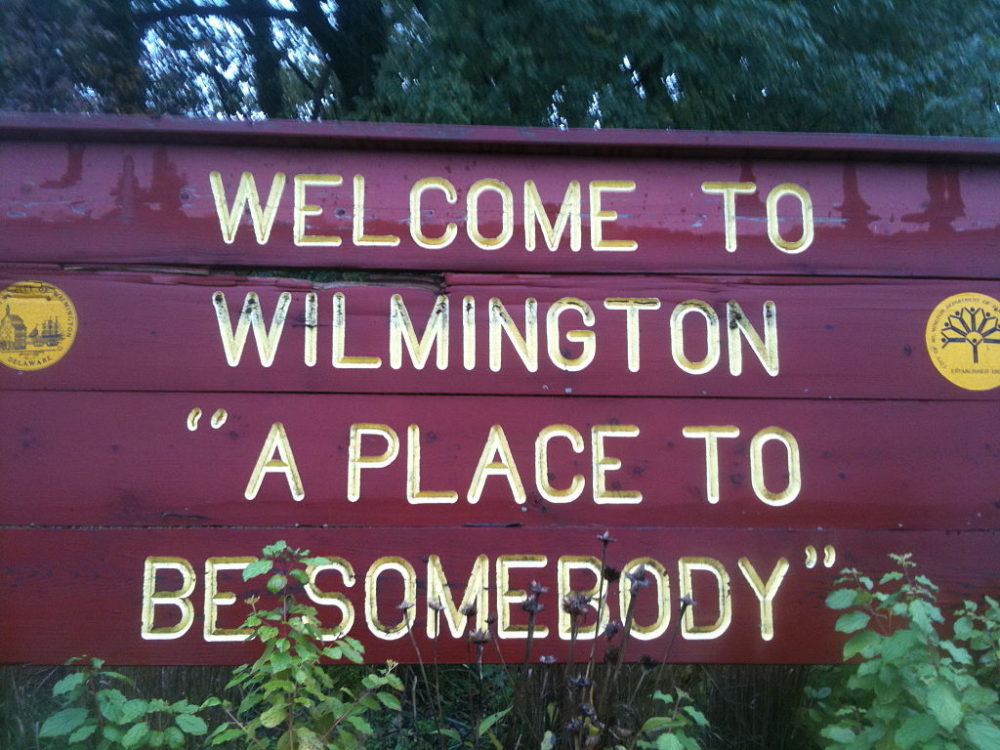
December 4, 2019; Technically Delaware
The Delaware Art Museum in Wilmington has found a pretty organic way to encourage the community it serves to see the museum as theirs; it has taken in the 9th Street Bookshop, which closed last year after a wave of corporate flight from the area. The store had been around for 41 years when the owners tried to sell it, but even then they had doubts about its attractiveness to a buyer.
“The city’s in a transitional phase. Just like we took a limited leap of faith, it would take someone else to take a leap of faith,” bookstore owner Gemma Buckley told Kathy Canavan at Delaware Today. “The store has potential. It has a lot going for it. It would take somebody who would definitely have to love what they’re doing because it’s certainly not going to be a big revenue store. You can survive. Thrive? Coming soon, hopefully.”
But waiting the situation out proved impossible—age catches up with us all, and the owners found themselves needing to move towards retirement. The shop closed in January of last year. End of story?
Sign up for our free newsletters
Subscribe to NPQ's newsletters to have our top stories delivered directly to your inbox.
By signing up, you agree to our privacy policy and terms of use, and to receive messages from NPQ and our partners.
No.
As Technically Delaware’s Holly Quinn states, the closing “left a void in the city’s lit scene,” by which it means that the city lost a community space for people with a love of cultural connection. By that time, the bookstore was attracting low-income clientele and those with an interest in books by underrepresented authors, and the vacuum was palpable—enter the community. As reported in a January 30 story:
They’re still in the vision and planning stage, but David Teague, a children’s book author and professor at the University of Delaware’s Associate in Arts Program in Wilmington, and Roger Festa, an online marketing professional, think they have a potential solution.
The goal is to keep the bookstore afloat by partnering with art groups and other local strategic partners to make it a viable business and venue that showcases Wilmington’s indigenous literary culture.
Apparently that vision was the right answer, thus the Delaware Art Museum became home to the only independent bookstore in Wilmington. In so doing, it augmented the museum’s commitment to serving the community in an inclusive way. This proves that the boundaries of organizations can be far more porous than we sometimes perceive; and that this sets up limitations that squelches possibility; sometimes it is just a matter of seeing the fit between pieces of a puzzle.—Ruth McCambridge













